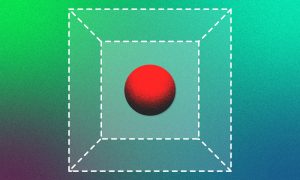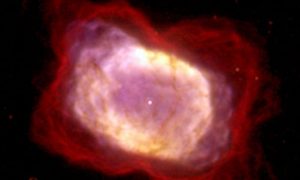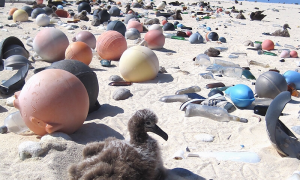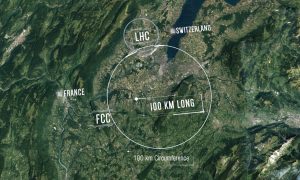News
-

 235
235Physicists Hack the Uncertainty Principle to See an Ion Wiggle (WIRED)
Heisenberg's famous principle can't be violated, but it can be gamed. A new study shows a way to measure particles with far more precision than before.
-

 357
357Astrophysicists find elusive molecule that ‘kick-started’ the universe (CBC News)
They knew it had to exist, but they just couldn't find evidence of it. Now, after decades of searching, astrophysicists have found verification of the first molecule that formed after the Big Bang.
-

 299
299Millions of tons of the world’s plastic waste could be turned into clean fuels, other products through chemical conversion – Purdue University News
The United Nations estimates that more than 8 million tons of plastics flow into the oceans each year. A new chemical conversion process could transform the world’s polyolefin waste, a form of plastic, into useful products, such as clean fuels and other items.
-

 286
286International collaboration publishes concept design for a post-LHC future circular collider at CERN
-

 285
285‘CRISPR Babies’ Scientist Faked Ethical Reviews, Say Chinese Authorities
In November, Chinese scientist He Jiankui announced that he had created the world's first gene-edited babies.
-

 248
248The Mighty Power of Nanomaterials: Crash Course Engineering #23
Just how small are nanomaterials? And what can we do with stuff that small? Today we'll discuss some special properties of nanomaterials, how some can change...
-

 249
249Nobel prize-winning scientist Donna Strickland made full professor at University of Waterloo
Nobel laureate Donna Strickland is now a full professor at the University of Waterloo. Strickland won the Nobel Prize in Physics earlier this month.
-

 305
305Tiny Particle Accelerator-On-A-Chip Could Transform Medicine, Scientists Say
A tiny accelerator could be useful in medicine as well as basic science. Instead of speeding up beams of electrons through giant tunnels, the aim here is to build accelerators on semiconductor chips.
-

 233
233“These could revolutionize the world” — Pint cracks code to cheap, small carbon nanotubes
Imagine a box you plug into the wall that cleans your toxic air and pays you cash. That's essentially what Vanderbilt University researchers produced after discovering the blueprint for turning carbon dioxide into the most valuable material ever sold – carbon nanotubes with small diameters.








